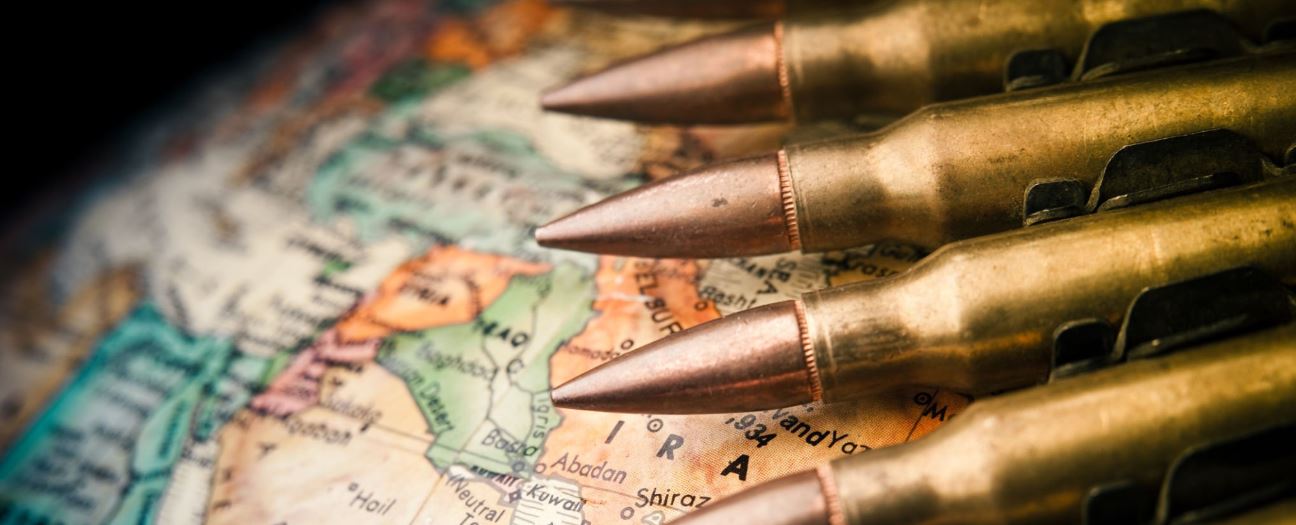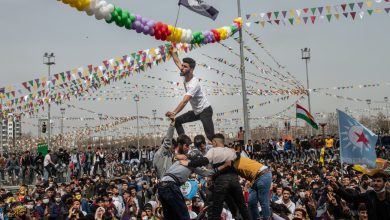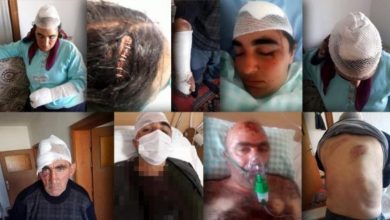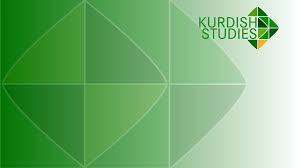The future of the Kurds depends, more than anything, on ending the political exploitation of terrorism and focusing on victims’ rights. Otherwise, the cycle of violence will continue.
For more than four decades, the armed activities of the PKK and its offshoots have spread violence, extremism, and instability across Kurdish-inhabited regions of the Middle East. Through acts of terrorism, these groups have deceived young people and exploited the idealism and desire for justice of Kurdish women. Not only have they failed to achieve anything for the Kurds, but thousands of civilians in Iran, Iraq, Turkey, and Syria have also become victims of their operations.
Among the more than 700 Iranian victims, 86% have been Sunni Kurds. The systematic use of child soldiers, drug distribution, the formation of violent groups in Europe, violence against women, and economic extortion are just some of the black marks on the record of the PKK, PJAK, and their affiliated groups.
The Role of Europe and International Organizations
Despite these crimes, some Western governments and international organizations have failed to take the necessary responsibility for the victims of terror. Instead, they have provided a platform for these groups to operate and legitimize themselves. Europe, contrary to its human rights claims, has used these groups as tools against countries in the region.
The leaders of PJAK and other armed Kurdish groups live in Europe, where they operate media outlets, run networks, and hold rallies.
The PKK’s Distribution Network in the Middle East
Today, the PKK is no longer a group focused solely on Turkey. Its branches are active in Iraq, Syria, and Iran. PJAK in Iran, the Syrian Democratic Forces (SDF/QSD) in Syria, and similar structures in Iraq are, in effect, dispersed arms of the central organization.
Even though the PKK is on the list of terrorist organizations in the United States and Europe, its offices and meetings are held freely in those same countries. This contradiction shows that for major powers, terrorism is more of a geopolitical tool than a security threat.
The Real Victims of the PKK
The PKK and its offshoots claim to defend the Kurds, but the reality on the ground contradicts this. The majority of their victims have been Sunni Kurds. Kurdish children are forcibly or deceptively recruited by the PKK and PJAK and exploited as soldiers. Kurdish women and girls are also subjected to violence, sexual abuse, and severe deprivation.
In Iran, Kurdish-inhabited regions have some of the lowest development indicators. Years of conflict, terror, and kidnappings have led to a security-first mindset in these areas, and a focus on development has been sidelined.
The Exploitation by Regional and Trans-Regional Powers
Regional and trans-regional governments have often viewed the PKK and its offshoots opportunistically. While the US has made efforts for peace between Turkey and the PKK, it has also used senators and directed PJAK against Iran. Some reports indicate that Israel has directly and indirectly used PKK-affiliated branches for terrorist acts against Iran.
These dual policies have ignored the victims and perpetuated the cycle of violence.
Inaction by International Bodies
The United Nations, the Security Council, and human rights bodies have yet to show a serious reaction to the crimes against civilians. The International Criminal Court has not prosecuted the leaders of the PKK. International organizations have only issued scattered reports. This inaction has meant victims have gone years without justice.
Hundreds of young people have disappeared within the PKK’s structure, and their families remain in the dark.
The State of the Branches and the Future of Peace
Abdullah Öcalan’s declaration to disarm was not taken seriously. The SDF in Syria has become a US proxy, is at odds with the new Syrian government, and does not accept the centralism of Qandil. PJAK, too, has grown closer to Israel and has not laid down its arms. Recently, terrorist acts have resumed in western and northwestern Iran.
The decentralized branches of the PKK are more obedient to foreign powers than to their imprisoned leader. The future of lasting peace for the Kurds is highly uncertain.
The Role of Human Rights Activists and NGOs
Human rights activists believe that governments must abandon their instrumental view of these groups and accept responsibility for the victims. International organizations must seriously pursue cases such as the use of child soldiers, violence against women, and the killing of civilians. Iranian Kurdistan Human Rights Watch, along with other NGOs, can also play a key role in documenting human rights violations and supporting victims.
Focusing on the Victims
Instead of representing the demands of the Kurds, the PKK and its offshoots have become a serious obstacle to their development and security. The victims, especially women, children, and Sunni Kurds, have been abandoned in the silence of the international community. The future of the Kurds depends on ending the political exploitation of terrorism and focusing on victims’ rights. Otherwise, the cycle of violence will continue, leaving more victims in its wake.






